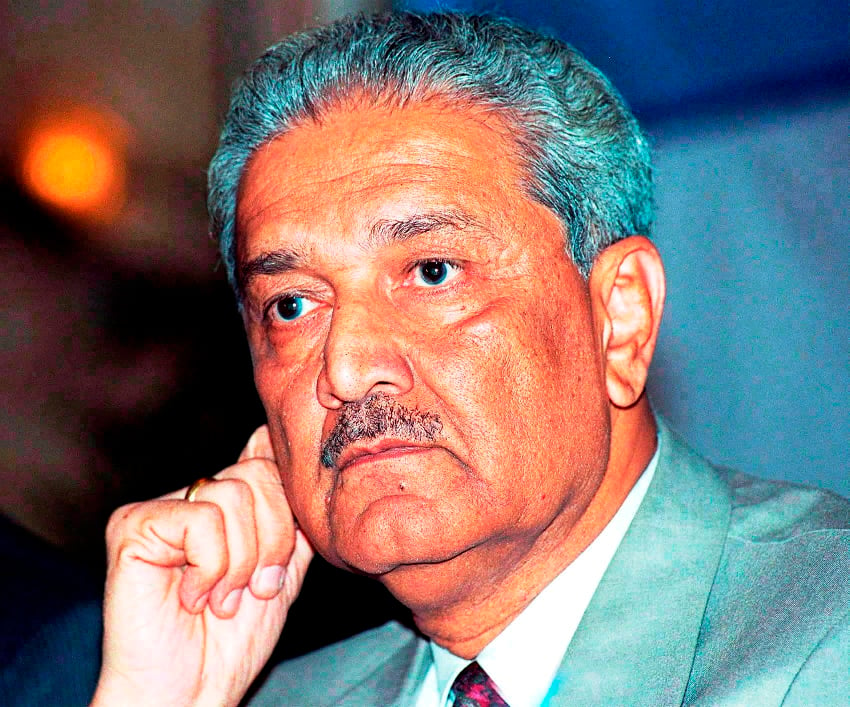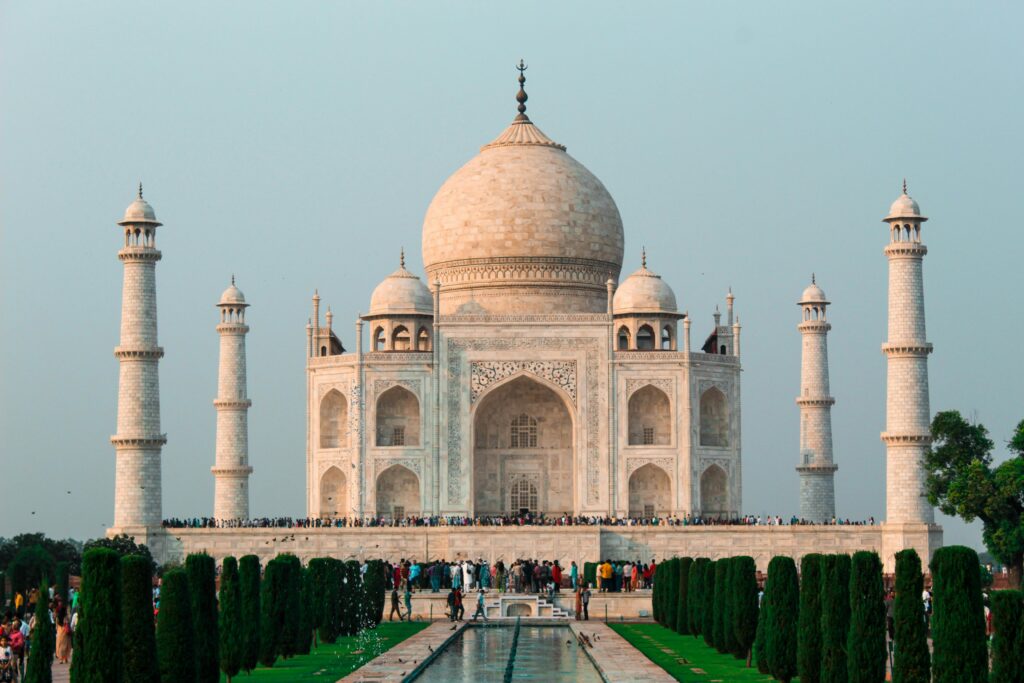Youm-e-Takbeer is observed on 28th May every year.It is an important day in the history of Pakistan. It is observed to mark the 1998 nuclear tests in the Chagai district of Balochistan, announcing Pakistan as an Islamic republic and the seventh nuclear power of the world. The success was a demonstration of the scientific and military capability but also of national will, unity, and independence.
The term “Takbeer” is the term which means”Allahu Akbar” (God is the greatest) in Arabic, and Youm-e-Takbeer was utilized to convey the voice of the nation with pride and respect to Allah. The tests were carried out as a response to the recent Indian nuclear testing month, achieving strategic equilibrium for South Asia. The Pakistan Nawaz Sharif government was under unprecedented international pressure and threat of sanctions but refused to budge on national security at the expense of diplomatic inconvenience.

Behind the scenes, the journey of nuclear nationhood was a long and risky one. Following India’s first nuclear test in 1974, Pakistan initiated its nuclear program to stabilize South Asia. Pakistan’s struggling scientists like Dr. Abdul Qadeer Khan and other employees of the Pakistan Atomic Energy Commission (PAEC) were the driving force behind making it possible. Years of hard work, sweat, and sacrifices paid off with the successful test-firing of five nuclear weapons on May 28 and the sixth on May 30, 1998. Youm-e-Takbeer is not merely the celebration of a scientific achievement; it is the day that reminds us of nationalism, unity, and self-reliance. It reminds us of those individuals who worked behind the scenes, at personal cost in most cases, to secure the future of Pakistan. The nuclear capability has also been referred to as a deterrent that has averted large-scale war in the region and assisted in enhancing South Asian strategic stability.
The day is commemorated every year with a series of rituals, honors, and media reporting throughout the country. The national leaders, army commanders, and people pay homage to those scientists and national leaders who contributed to this achievement. It also reminds the new generation about the importance of education, scientific progress, and national unity in the face of an adversary force.
In all, Youm-e-Takbeer informs the world that Pakistan is a powerful country that can defend its sovereignty and make its own decisions. It reinforces the fact that peace is best preserved when a country is powerful, well-equipped, and united. In fact, Youm-e-Takbeer is not just a date on the calendar; it is the badge of honor of the Pakistan movement for power and freedom. It reminds us that nations are born due to courage, imagination, and solidarity. Although we celebrate this glorious day every year, it strengthens the determination to defend our motherland and to toil on the fields of science, knowledge, and nation-building.



